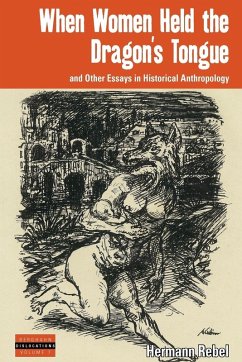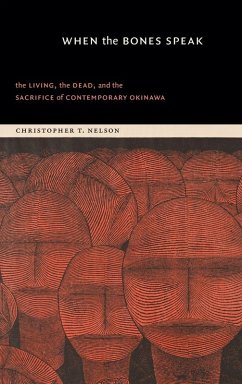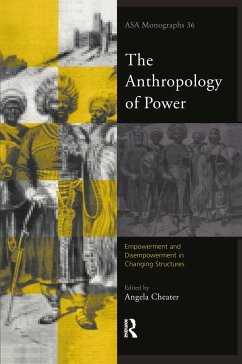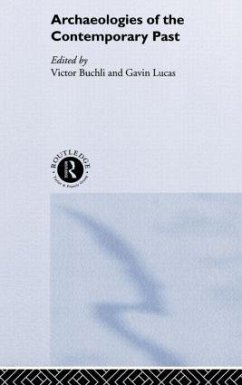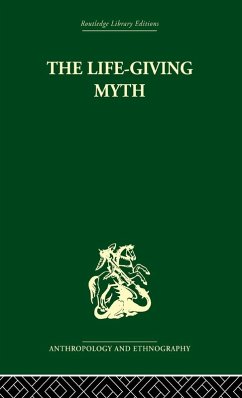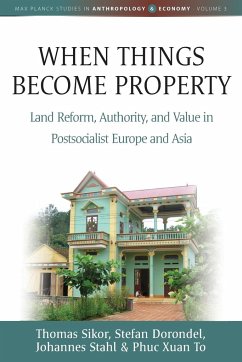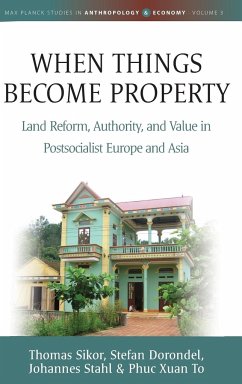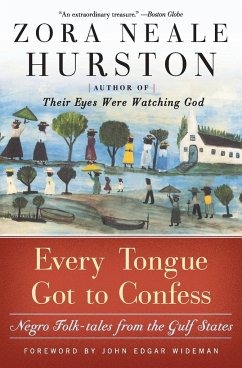
When Women Held the Dragon's Tongue
and Other Essays in Historical Anthropology

PAYBACK Punkte
66 °P sammeln!
Challenges the dominant culturalist approach associated with Clifford Geertz and Marshall Sahlins Bridges the current gap between approaches to studies of peasant society and popular culture Presents a critical rethinking of the philosophical anthropologies found in specific histories and ethnographies



